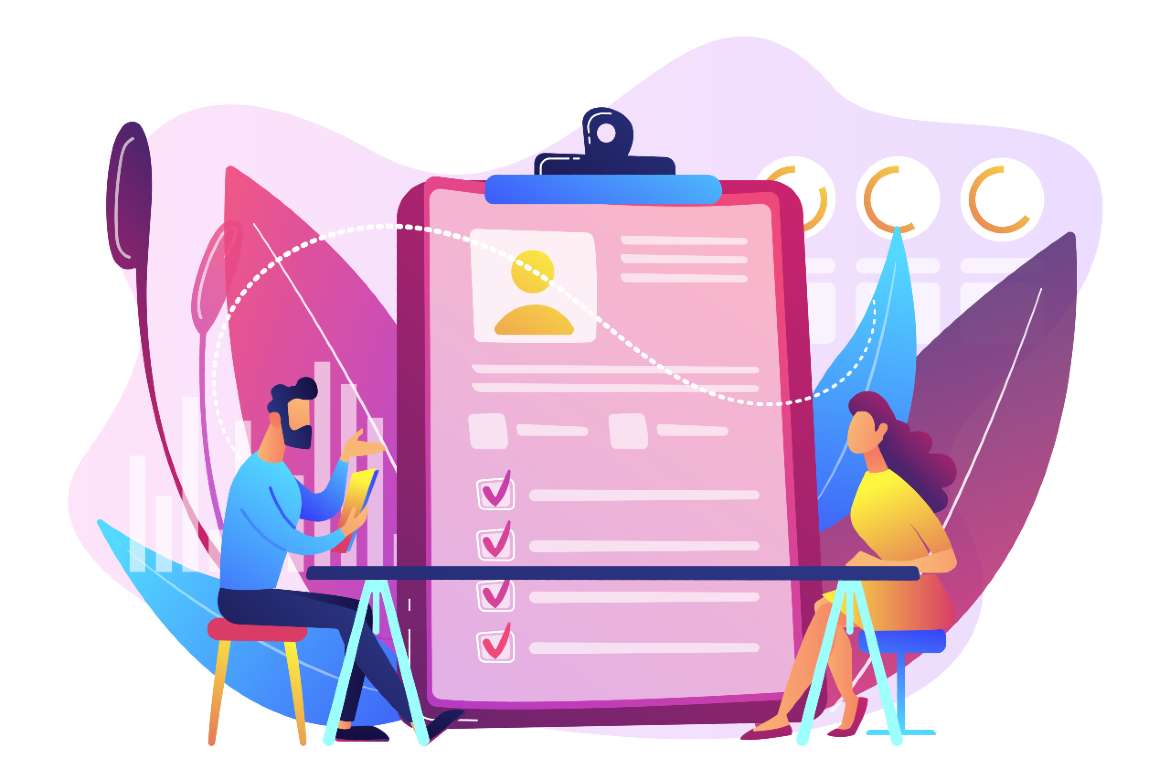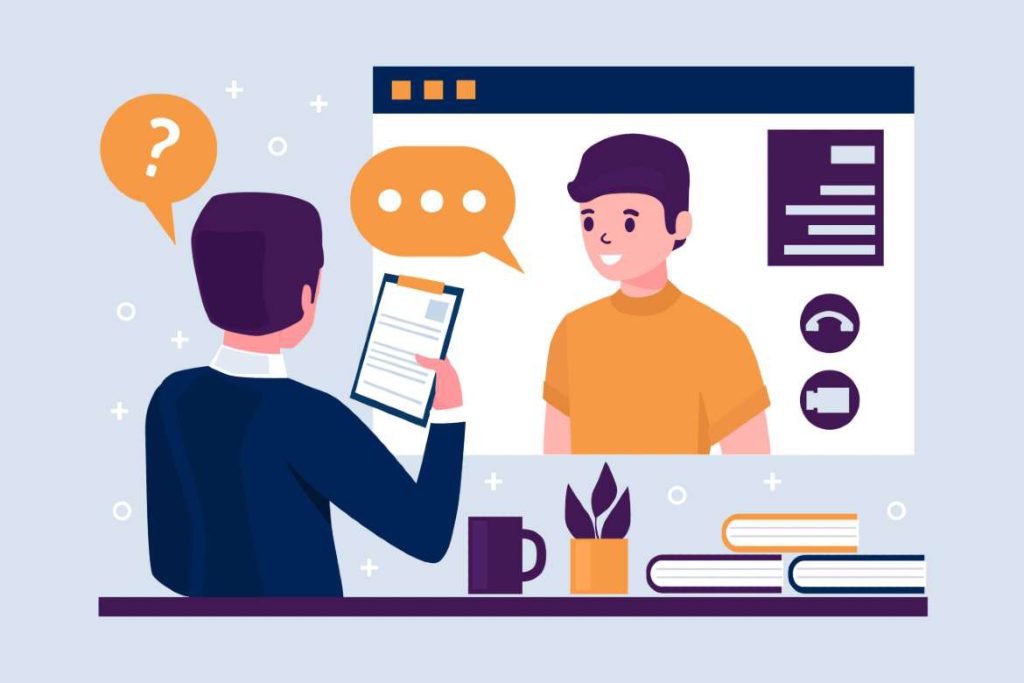Is Your Recruiter Giving You The Best Interview Preparation Advice?
Job interview preparation is a crucial step in the hiring process, and it can be nerve-racking for both the interviewer and the interviewee. At times it can almost feel as though the interviewers are your enemies and the potential evaluation coming from their end can lead to anxious thoughts and feeling nervous. We’ve all been there, but with a quick shift of mindset you can manage to avoid, or even lessen the effects of this.
It’s important to remember that you’ve already proved yourself to be a viable candidate, since you’ve bagged yourself an interview. So, in some sense it’s fair to think that the interviewers are hoping for the same outcome as you. They’re hoping they have found their ideal candidate. They are on your side and not your enemy, the quicker they make the hire the more time is saved. You inevitably are helping them in their process as much as they are helping you in yours.
So, by doing the right preparations you can ease this process for both you and the interviewer, increase your chances of impressing them, and hopefully land the job. Below I have formulated, through research and from personal experience, some quick tips to best prepare yourself for that interview:

-
Understanding the psychology of the interviewer: Before the interview, take the time to research the company and the hiring manager. Look at their LinkedIn profile, their background and their values. This will give you a better understanding of what they are looking for in a candidate and how you can tailor your responses to align with their expectations. For example, if the company values collaboration, highlight how you have successfully worked on multiple teams/projects that required effective communication and teamwork in the past.
-
Be aware of your body language: Nonverbal communication can be just as important as verbal communication during an interview. Make sure to maintain good eye contact, sit up straight and use confident gestures to show that you are engaged and interested in the position. Try your best to avoid fidgeting or slouching, it can lead to feeling and looking disinterested. It can even lead to feeling more anxious as it can cause disorganized thoughts and lead to distractions.
-
Practise active listening: During the interview, make sure to listen carefully to the interviewer’s questions and respond thoughtfully. Avoid interrupting or talking over the interviewer, as this can come across as rude or dismissive.
-
Be honest and authentic: Instead of trying to be what you think the interviewer wants you to be, be yourself! It’s the best way to stand out. Hiring managers and people in general can often sense when a candidate is not being genuine, and this can negativelyimpact their impression of you. Be honest about your strengths and weaknesses, and show how you have worked to overcome any challenges you’ve faced in the past.
Another thing to remember is that companies are actively looking to understand your personality, to see if you fit into their company culture. Company culture is a widely valued aspect in every company, so if you aren’t able to showcase your authentic self, and provide extremely robotic answers, you would fall down their list of favourite candidates.
-
Communicate your value: During the interview, make sure to highlight your unique skills and experiences that make you a valuable asset to the company. Show the interviewer how you can contribute to the company’s goals and objectives.
Use specific examples from your past experiences to demonstrate your qualifications and skills. Even asking the interviewer a question like ‘What is the biggest challenge your company is facing right now?’, could help you in demonstrating which of your skills or experiences could benefit them in the long run. You’re trying to communicate your story and the challenges you had to overcome to get to this point. So don’t be afraid to sell yourself!
-
Be positive and show enthusiasm: Showing a positive attitude and being excited about the opportunity can be contagious and it can make the interviewer more likely to remember you. Express your enthusiasm for the position and the company, and explain how you see yourself fitting in with the team.
-
Have at least three questions for the end of the interview: These questions can do several things, they can show your interest in the role and the company and they can also give you valuable insights into what working there could be like and the challenges they face as a company. Two examples could be “What were the best traits the last person in this role had?”. “What is the biggest challenge your company faces at the moment?”. Other questions could then be about things in the job spec you may not understand or they may not have included. You can look over our blog on the top 10 questions to ask during your interview for more ideas on helpful questions.
-
Follow up with a thank you email: After the interview, be sure to send a thank-you email to the interviewers, expressing your appreciation for the opportunity and reiterating your interest in the position. This shows that you are professional and truly interested in the job.
Hopefully these tips can be of some help to you. Always remember to stay calm, be honest and tell your story! If you want to talk about it further, feel free to reach out to us or apply to one of our roles on our IT careers page.
